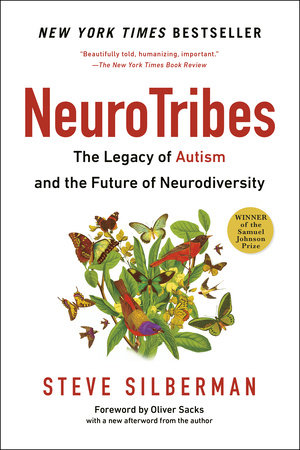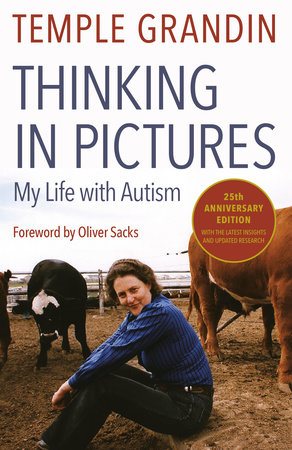ARTICLE
A Neurodiversity Facts and Myths Primer
So you’re doing a story about Neurodiversity, or you want to know more about the Neurodiversity Movement. We’re here to help. First, It’s useful to know what the terms “neurodiversity” and “neurodiversity movement” mean. Neurodiversity is about understanding and accepting brain-based disability. People who have brain-based disabilities are “neurodivergent.” The Neurodiversity Movement is about supporting neurodivergent people’s rights and value as human beings. Critics of neurodiversity often say incorrect things about both neurodiversity and the neurodiversity movement. This is not surprising, as any time a minority group stands up for its rights, the majority group often resists having to change the way they think about, and treat, members of the minority group.











